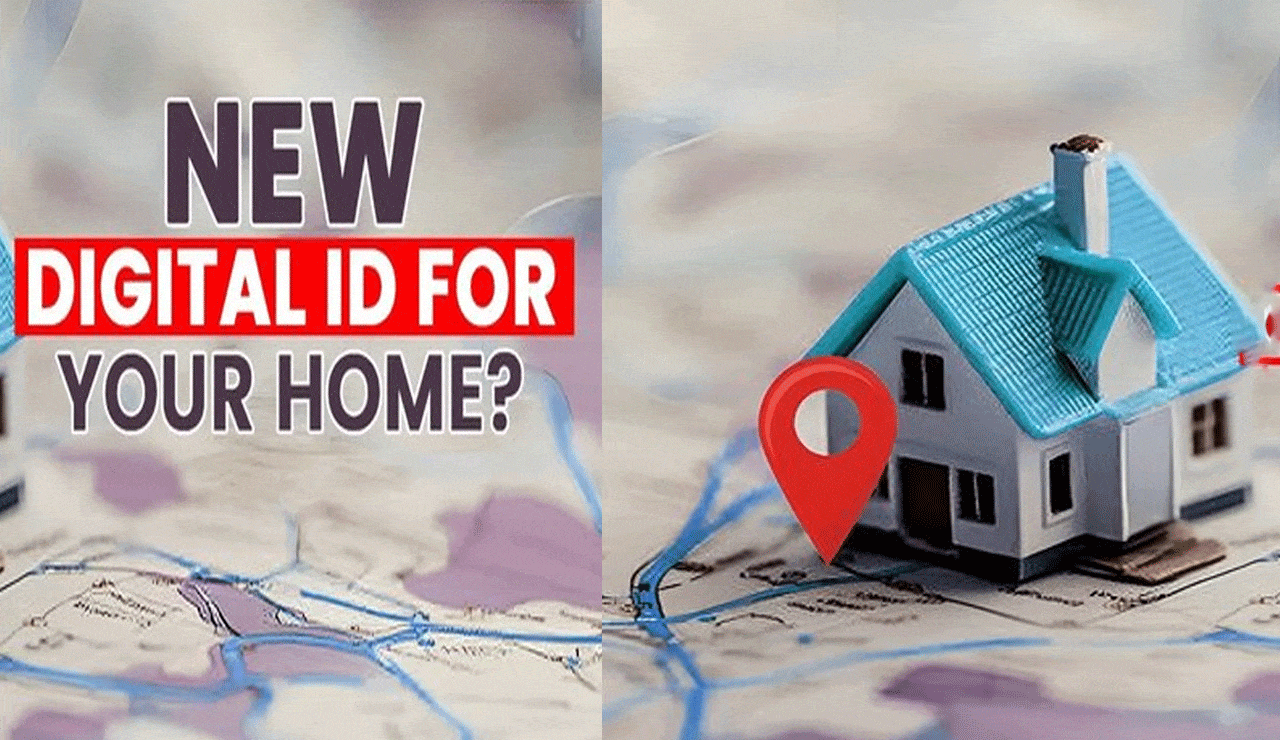Finding Addresses Made Easy: Big Change Coming Soon! India to Introduce Unique Digital Address IDs
In a move aimed at revolutionizing how addresses are identified and verified in India, the central government is set to roll out a unique digital address identification system for every household in the country.

New Delhi: In a move aimed at revolutionizing how addresses are identified and verified in India, the central government is set to roll out a unique digital address identification system for every household in the country. This initiative, inspired by the Aadhaar model, is expected to offer each residential or commercial property a 10-character Digital PIN (DigiPIN) linked to precise map coordinates.
Table of Contents
Why a Digital Address System Is Needed
For millions across India, especially in large metropolitan areas, locating an exact address remains a major challenge, even with tools like Google Maps. Inaccurate or vague addresses result in failed deliveries, delayed services, and even fraudulent practices. Experts estimate that this inefficiency causes an annual economic loss of nearly ₹1.14 lakh crore (about $10–14 billion), accounting for nearly 0.5% of India’s GDP.
Also Read: War Begins in Kalvakuntla Family: MLA Yennam Makes Explosive Remarks
What Is a DigiPIN?
The DigiPIN (Digital Postal Index Number) will be a unique 10-character alphanumeric code that accurately pinpoints any address using precise geographic mapping. Unlike traditional PIN codes that represent entire postal areas, DigiPINs will be assigned to individual homes, apartments, or commercial units.
How It Will Benefit Citizens
- Accurate Location Identification: Delivery agents and emergency responders will be able to reach locations faster and more reliably.
- Reduced Fraud: DigiPINs will reduce instances of fake addresses being used for illegal activities.
- Data Privacy: Only with user consent will their address details be shared with third parties.
- Better eCommerce & Logistics Efficiency: Timely and accurate service delivery will be enhanced in urban and rural areas.
Address Verification Will Require Consent
With privacy concerns growing, the new address system will ensure that no organization can access a citizen’s digital address without explicit permission. This is expected to curb data misuse, as currently many private entities collect and share address data without consent.
Digital Public Infrastructure Integration
The government will integrate the current physical address system into the Digital Public Infrastructure (DPI), creating a standardized and verifiable address database for the first time in the country. A draft policy is expected soon, with public consultations to follow.
Legal Framework Expected in Winter Session
Reports suggest that the draft legislation will be tabled in the upcoming Parliament Winter Session. Once enacted, the Digital Address System will form the basis for all address verification across logistics, governance, eCommerce, and finance.
